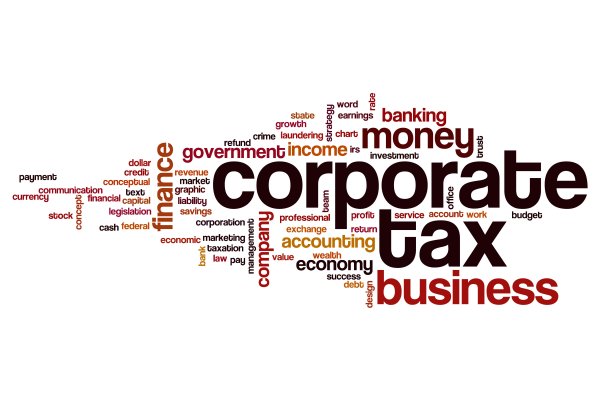Since April 2017 the Corporation Tax rate has reduced to 19% for both large and small companies. From April 2020 the Corporation Tax rate is scheduled to reduce to 17%.
Corporation Tax Rates
Corporation Tax was aligned into one single rate from 1 April 2015 which made it less relevant to have associated companies. However, it may still be important to link associated companies to establish the timing of payments of Corporation Tax liabilities and consider if a company should make quarterly Corporation Tax liability payments. Do remember if the associated companies’ total profit exceeds £1.5 million, it is likely to trigger these quarterly payments.
Income and Expenditure
The reduction in Corporation Tax shows the importance of deferring income and making full use of all available allowances and deductions as part of a tax planning strategy.
Generally Accepted Accounting Principles (GAAP) recommend that income arises when the work is done or the goods are supplied and not when you are paid. It may be possible for income to be deferred into a later accounting period. However, the accounting policies must be applied on a consistent basis from one year to the next and must be consistent with GAAP.
The new accounting standards FRS102 and FRS105 can affect when income is recognised and when you record expenditure in the profit and loss account for example on goodwill, investments and financial instruments. Companies should review these changes and consider how they plan for the possibility of an increase in tax.
If your company carries out qualifying research and development activities you could save Corporation Tax.
Expenditure
Companies should consider how they can maximise deductions for expenses in any accounting period. If a company had planned expenditure this could be brought forward or a company could make a provision in their accounts for future costs. Normally tax relief is allowed for provisions made in accordance with GAAP. You should consider the following:
Stock
The company can make a specific provision against obsolete, damaged or slow-moving stock, but a general provision is not allowed against tax.
Bad Debts
The debtors’ ledger should be checked in detail so that provisions and/or impairments can be made for bad debtors. You will need to keep evidence if you are going to make a provision and record the reason for the bad debt arising at the date the balance sheet is made up.
Research and Development Tax Relief
Companies carrying out qualifying research and development (R&D) activities can save Corporation Tax, depending on the costs incurred. Partnerships cannot claim this relief only incorporated companies can apply.
Maximising Tax Relief for Capital Expenditure
You could make use of the Annual Investment Allowance (AIA) and other capital allowances before the end of your accounting period. You could bring forward capital expenditure, particularly where the AIA will be exceeded in the following accounting period. Remember, there are rules regarding when capital allowances can be claimed.
Bonuses
You could advance tax relief if you can make a provision to pay bonuses or other remuneration in the next year. To do this you must establish that a liability exists at the balance sheet date to pay bonuses, then the payments must be paid within nine months of the end of the period. If this isn’t possible they must be deducted in the accounting period in which they were paid.
Pension Contributions
Tax relief is given for contributions actually paid in the year, rather than the amounts provided for in the accounts. In respect of occupational pension schemes that the company has registered.
Chris Wallace, Managing Director Visionary Accountants St Albans said ‘Companies should look to maximise any tax relief and claims that are available to them. It is important that all companies review their business planning before the end of their accounting period to improve cashflow for future growth. Visionary Accountants can assist you with tax planning and we offer a free initial meeting to discuss your business strategy. Call us on 01727 730550 for more information.’
